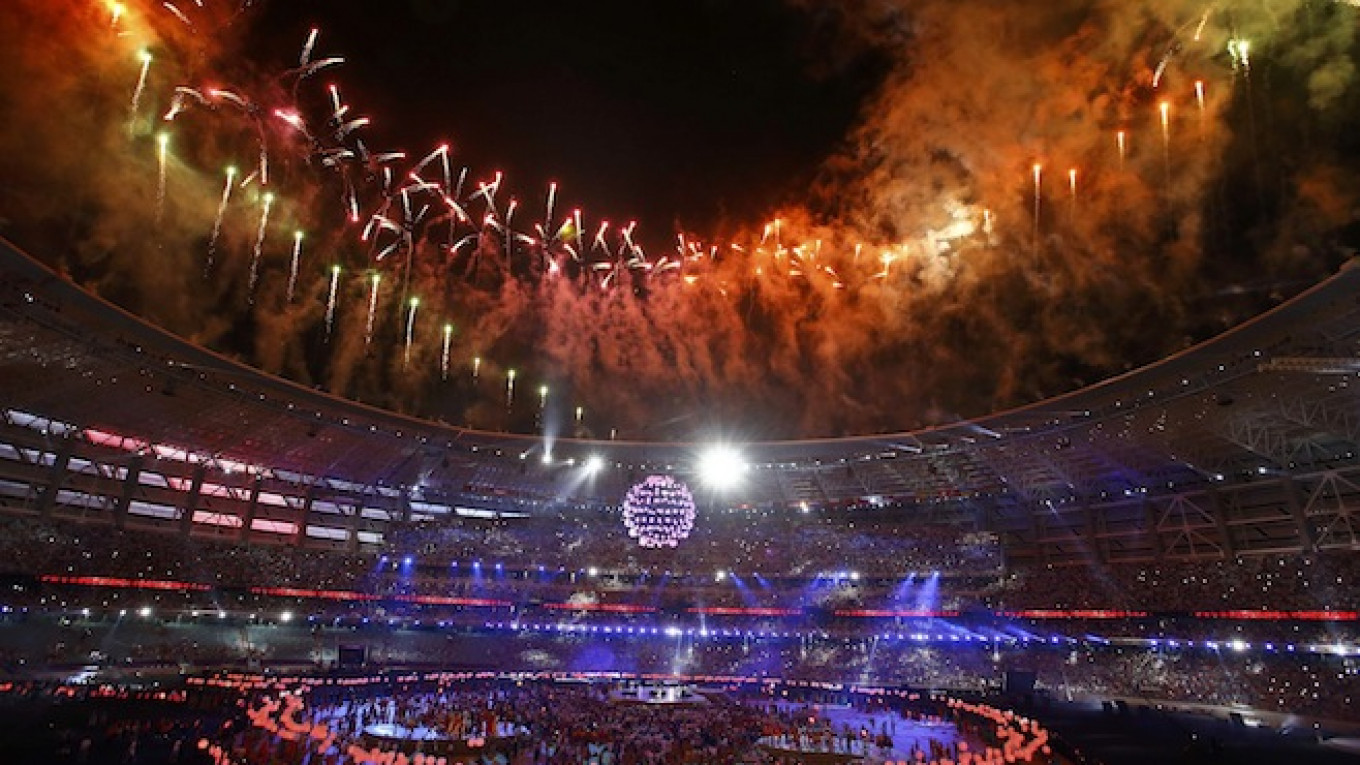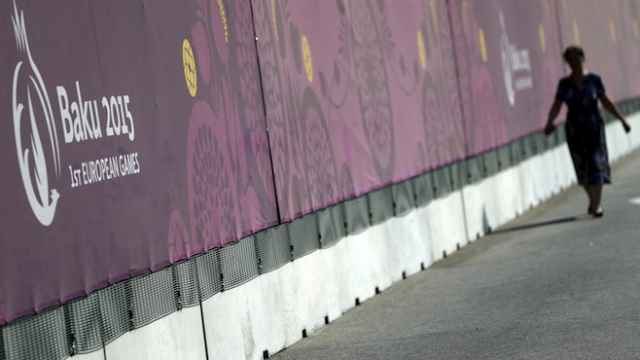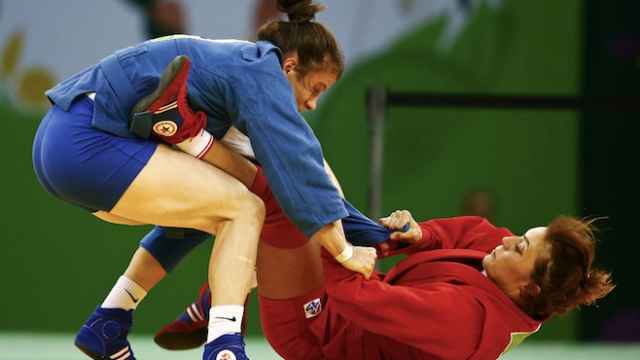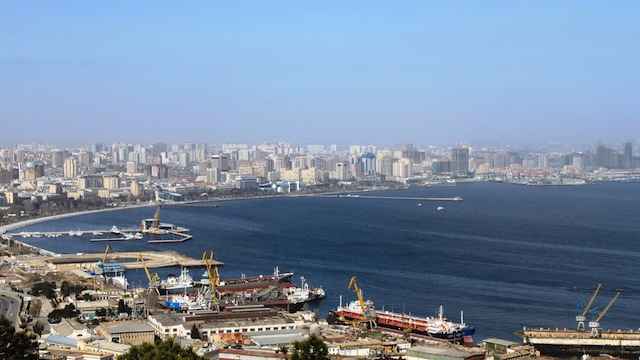BAKU — The curtain fell on the inaugural European Games on Sunday with the status of Baku as a capable host of a major sporting event enhanced but with a shadow hanging over the future of the continental competition.
Opinion was divided when Azerbaijan was announced as host of the games in 2012 with serious questions surrounding its human rights record.
There has been little criticism, however, of the show they have put on, with little expense spared and widespread praise for the lavish venues and infrastructure.
Questions remain about the strength of the competition, however, and the absence of top athletes has led many critics to suggest the event has little future in a saturated sporting calendar.
Attendances at the athletics and swimming competitions, usually blue-riband events but populated by third-tier nation athletes and junior swimmers in Baku, served only to confirm the Games' struggle to capture the sporting imagination.
A cumulative figure of 22,000 spectators attended the first day of athletics, while a figure of just 10,661 was announced during the second and final day at the 68,000-seat Olympic Stadium.
Of approximately 6,000 athletes in Baku, just 59 had won Olympic gold medals, but despite the lack of high-profile competitors there were successes.
Innovative non-Olympic events such as 3x3 basketball and beach soccer captivated audiences.
Not known for their sporting pedigree, Azerbaijan finished second in the medal table behind only a dominant Russia team, who swept nearly all before them.
Organizers followed previous blueprints from the Olympic Games and invested heavily in the event, which featured athletes from 50 European nations competing in 20 sports, and by doing so showcased Azerbaijan's viability as a potential Olympic host.
"They're well capable of hosting an Olympic Games," Patrick Hickey, president of the European Olympic Committees (EOC), told a news conference on Sunday.
"When one sees the infrastructure that they have built it is obviously with a view to that in the future. I think that will happen."
Yet Baku's lavish expenditure has set a high benchmark for the fledgling event.
The Netherlands pulled out of hosting the 2019 edition days before the opening ceremony in Baku because the Dutch government decided it would be a financial burden.
Seven candidates have since emerged as a potential replacement and Hickey refuted claims it would difficult for them to emulate Baku, saying the event would be tailor-made to suit the next host city.
For the infrastructure alone, Baku's standing in the sporting world has been enhanced by the European Games but, without a host confirmed for 2019, it remains to be seen whether the event has a long-term future.
A Message from The Moscow Times:
Dear readers,
We are facing unprecedented challenges. Russia's Prosecutor General's Office has designated The Moscow Times as an "undesirable" organization, criminalizing our work and putting our staff at risk of prosecution. This follows our earlier unjust labeling as a "foreign agent."
These actions are direct attempts to silence independent journalism in Russia. The authorities claim our work "discredits the decisions of the Russian leadership." We see things differently: we strive to provide accurate, unbiased reporting on Russia.
We, the journalists of The Moscow Times, refuse to be silenced. But to continue our work, we need your help.
Your support, no matter how small, makes a world of difference. If you can, please support us monthly starting from just $2. It's quick to set up, and every contribution makes a significant impact.
By supporting The Moscow Times, you're defending open, independent journalism in the face of repression. Thank you for standing with us.
Remind me later.






